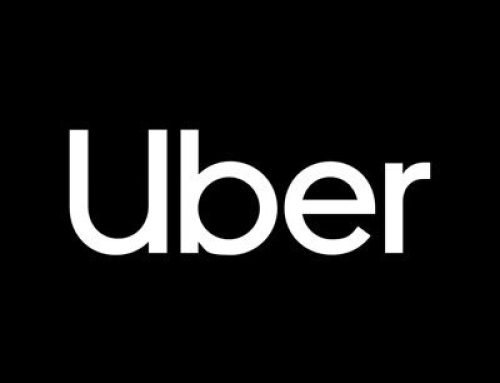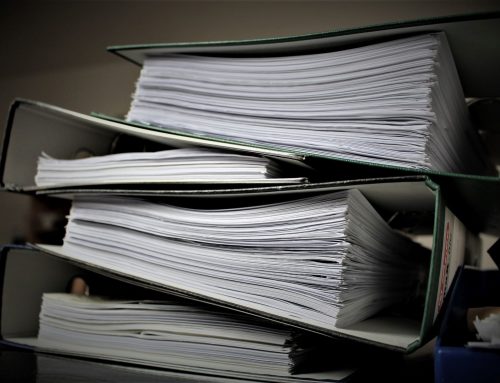CRA Criticized for Questioning Taxpayer’s Business Judgment
Jackman v. HMQ 2022 TCC 73
Summary
The Tax Court of Canada (“TCC”) was tasked with determining the value of a shareholder benefit, if any, in respect of a boat used by the Appellants but owned by the corporation. Justice Boyle found for the Appellants.
Background
During the past 50 years, the Appellants Bruce and Nancy Jackman (“Appellants”) owned and operated C.A.B. Industrial Automotive Supplies Ltd. (“CAB”). CAB originally sold automotive equipment and parts, but, following the purchase of a Fuel Dock in Port McNeil, developed into a successful marina. CAB operates among a large group of communities mostly near the shores of the Boughton Archipelago north of Vancouver Island.
CAB contributes significantly to Port McNeill, providing services and provisions to the area. As the “logging and related industries declined in the region, tourism, primarily by boaters, whale watchers, fishers and kayakers, has increased very much in importance to the local business economy.”[1] CAB’s business also involves float planes, helicopters, being a landlord, and a store. It formerly included a Radio Shack franchise.
CAB is a multigenerational business. the Appellants have both retired and their children are now running things.
The Appellants owned and operated a 36-foot pleasure craft boat named Port McNeill Explorer. The main use of the boat was to market the marina. The Appellants would take the boat out to meet other boaters at smaller marinas. It was also used to travel to, attend, and entertain at boat shows in British Columbia and Washington, shows that the Appellants considered of great import to their business.
The Appellants described these marketing activities as being very successful. Revenues increased year over year. The various marketing activities included:
- Creating opportunities to socialize with clients
- Dining at other marinas
- Entertaining others on their boat
- “Chatting up” boating in the region and their marina and facilities
Importantly, the boat was insured for these purposes. The Appellants indicated that personal use of the boat was quite limited.
In each of the two years at issue, the Appellants recorded and paid $18k to CAB for the personal use of the boat.
Decision & Analysis
The TCC found as a matter of fact:
- The boat was acquired for business purposes
- Personal use of the boat was limited to 5%
- No support existed for the notion that the Appellants purchased the boat for personal use
- The $18k paid by the Appellants to CAB was reasonable
Justice Boyle enunciated the principle that the CRA is not permitted by the Courts to second-guess a business marketing strategy, even if they turn out to be unsuccessful in generating revenue, and quoted Justice Rip as follows:
The tax authority has no business telling a businessperson how to run that person’s business. Advertising expenditures take many forms: radio, television, newspapers (local, provincial, national), sponsorship or ownership of sports teams, tournaments, community events . . . the list is endless. A form of advertising that is beneficial to one business is not necessarily favourable to another business or even a business’ competitor. Each business must have the freedom to choose its own form of advertising.[2]
In other words, it is not permissible for the CRA to substitute its business judgment for that of the taxpayer.[3]
In Justice Boyle’s view, once a taxpayer establishes that the marketing activities were business-related, and that the expenses were reasonable, then it is not material that the marketing involves socializing with clients.
It is normal for Canadian business owners to maintain, establish or enlarge relationships with customers, suppliers, and clients over pleasurable social activities such as lunch or dinner, going to a sports game, attending a music festival, playing golf, etc. It is hardly surprising or suspicious that a boating business would conduct such activities at boating events and venues and would use a boat for such purposes.[4]
The appeal was allowed on the basis that the extent of the Appellants’ personal use was accounted for in their filings and no further shareholder benefit was found.
Key Takeaway
Tax litigation counsel and their clients should be mindful of the following passage:
“While it makes sense that CRA might want to review the use of an expensive pleasure craft by a marina owner operator, it can be noted that in this case the appellants’ evidence was very much the same as the detailed answers given in written discovery, and the respondent did not call any witnesses with contrary evidence or bring contradictory evidence with which to challenge the appellants’ testimony. Even after the evidence was all before the court, unchallenged even as to credibility, this appeal carried on into its second day for argument.
This all appears to have been driven by one or more CRA officials who did not attend for any of the evidence. It is the Department of Justice that represents the respondent Her Majesty the Queen. CRA is not Justice’s client in a solicitor-client relationship. That is not changed by any funding agreement between the two departments. The respondent needs to be mindful of that, and perhaps especially so where, as here and is often the case, the “instructing” CRA auditor, litigation agent, or appeals officer does not even attend the evidence portion of the hearing.”[5]
[1] Judgment, at paragraph 4.
[2] Matt Harris & Son Ltd v HMQ, 2000 TCJ No. 849, at paragraph 50.
[3] Jolly Farmer Products Inc. v. HMQ, 2008 TCC 693, at paragraph 24.
[4] Judgment, at paragraph 22.
[5] Judgment, at paragraph 18.




